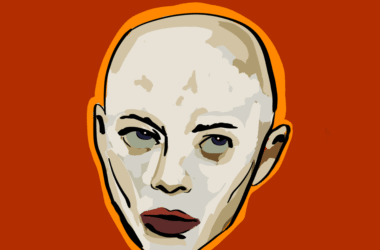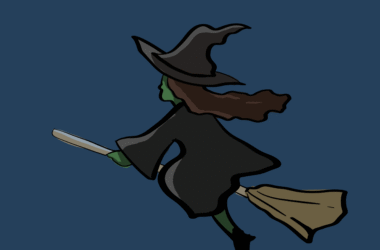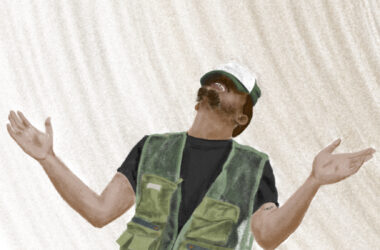Kasia Van Schaik, also known by her pen name Kasia Juno, is a McGill doctoral candidate whose work focusses on environmentalism, feminism, and physical spaces. Her writing has been featured in popular journals, including The Los Angeles Review of Books and The Best Canadian Poetry Anthology. Currently, Van Schaik straddles the line between academic and creative writing, simultaneously writing her dissertation on American postwar women writers and preparing a short story collection for publication, tentatively entitled We Have Never Lived on Earth.
“I feel like my creative and my academic work are quite related,” Van Schaik said in an interview with The McGill Tribune. “I do find [that] when I focus more on one, the other one suffers. So, at this moment, I just try to squeeze in the creative work where I can.”
In her upcoming collection, Van Schaik uses narrative structure to explore the connection between ecological change and human emotions. For instance, one story features a world threatened by the possibility of Montreal skyscrapers floating up the Saint Lawrence Seaway, while in another, women are legally prohibited from sitting in front of mirrors for more than 10 minutes.
“Together, the stories in We Have Never Lived on Earth suggest that love, like water or oxygen, is a resource easily polluted by greed,” Van Schaik said. “Balancing hope, fear, and a nostalgia for the present, the stories in this collection portray [our] struggle to understand what it means to live on Earth.”
Ecological writing is not a novel topic for Schaik: Her poetry chapbook, Sea Burial Laws According to Country (2018), received the Mona Adilman Prize at McGill for the best collection of poems relating to environmental concerns and was adapted into a concert performed by the Montreal Music Labs in 2019.
“I’m really interested in defamiliarizing the everyday,” Van Schaik said. “Sea Burial Laws According to Country is made up of found poetry. I found certain sea burial laws from all over the world, and I’ve used those as prose poems throughout the book [….] I was interested in thinking about the arbitrariness of ocean borders, these huge bodies of water that we divide up, and [how] our different cultures have laws about how we interact with them.”
Van Schaik’s fascination with literature and writing began in her youth when she moved from her birthplace of South Africa to Western Canada.
“I’ve always loved reading,” Van Schaik said. “I remember being a total bookworm when I was a kid. You know how it is when you move somewhere new, it takes a while to get to know people and to know a culture. For a while, I built my world in books.”
Van Schaik’s literary passions continued into her post-secondary education. While at Concordia University, her short story, “The Fox,” won the Quebec Writers’ Federation Short Story Prize in 2009. The story’s publication helped her realize how her work had the potential to reach and affect a wider audience.
“There’s something magical about that process, something inside you, your perceptions and ways of seeing the world, and then it’s on a page and other people are able to see the world in the same way,” Van Shaik said. “After that [story], I took writing more seriously and did an M.A. in English and Creative Writing [at the University of Toronto] and decided to pursue that in quite a more formal way.”
As a member of Poetry Matters, a university-based group that facilitates workshops and conversations surrounding poetry, and as a teaching assistant at McGill, Van Schaik encourages students and writers to embrace self-expression and appreciate art.
“I really think that learning how to observe the world around us, both in a political and a creative way, is another way to engage,” Van Schaik said. “Whether it means writing about it, singing about it, or creating art in some other way, for me, the most important thing is to teach myself to listen and to perceive and to see the world around me and to find what is unique and beautiful.”







